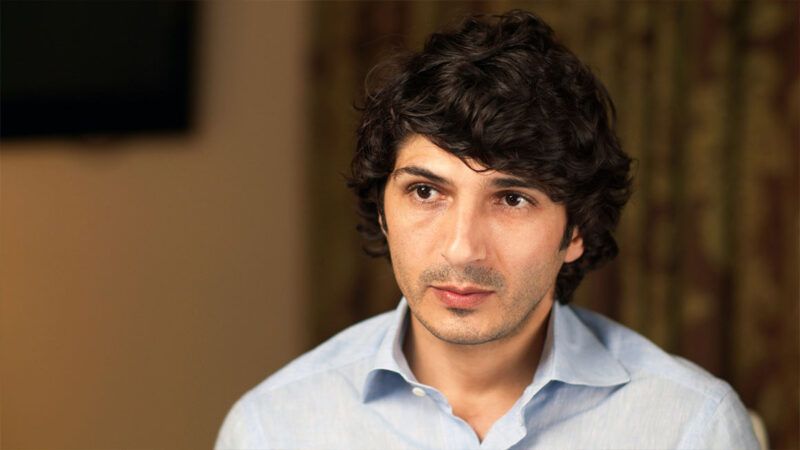Fadi Elsalameen on Using Bitcoin To Fight Corruption in Palestine
How bitcoin can help Palestinians bypass the Palestinian Authority's control over their finances

Fadi Elsalameen is a political commentator on Arab-Israeli affairs and an adjunct senior fellow at the American Security Project. He's a vocal critic of Mahmoud Abbas, the head of the Palestinian Authority, and he has received several death threats and survived an assassination attempt.
Elsalameen believes that an important step in liberating Palestinians is monetary freedom—specifically bitcoin, which can help them bypass the Palestinian Authority's control over their finances. In April, he spoke with Reason's Noor Greene at the Bitcoin 2022 conference in Miami.
Q: What role does the Palestinian Authority play in Palestine today?
A: The Palestinian Authority is a burden on the Palestinian population. Almost 84 percent of the population believes that the Palestinian Authority is corrupt. We've spent almost $40 billion inside the Palestinian territories since 1993, and there's very little to show for that money. But we do have very wealthy politicians. Most of the economic sector is monopolized by politicians who are directly linked to the president. And the president is in his 18th year though he was only elected for a four-year term.
Q: As a Palestinian, how would you face corruption from the Palestinian Authority?
A: The majority of the Palestinian economy depends on labor in Israel. If you're a Palestinian worker, you need a permit to enter Israel to work, which is provided for free by the Israelis. But you have to pay the corrupt Palestinian official, who's now the minister of civil affairs, $500 a month to maintain your permit. So they levy a tax on you as a worker. If you are a Palestinian living under the Palestinian Authority, under the Israeli occupation, you're really battling all kinds of forces, whether it be corruption, military occupation, a lack of freedom, a lack of expression, or no independence whatsoever.
Q: Where does aid go that the U.S. and other countries send to Palestine?
A: Sadly, the aid that is sent by the U.S. or Europe mostly goes to benefit corrupt Palestinian officials. And if you're sending aid to strengthen and embolden corruption, you're fighting against democracy. We need to step back for a second, not only to stop the aid, but stop the way the aid is being sent. That's why we talked about introducing bitcoin into the equation. Bitcoin is a solution where the Palestinian Authority is not involved, the banks are not involved, and it's direct aid from the United States.
Q: How can bitcoin be used effectively in Palestine?
A: Bitcoin offers a way for people living under repressive regimes to earn a living outside the confinements of corruption, outside the abuse of dictators. I am a big fan of bitcoin, especially in Palestine and for Palestinians, because I feel that it's one way to curtail the influence of a corrupt regime like the Palestinian Authority. But also, it's a new way for a Palestinian generation to join the rest of the world. The conflict has held back Palestinian youth. And the Palestinian population is very young. Gaza has 2.5 million people—half of them are under 18 years old. Two-thirds of the Palestinian population is under 30 years old. Seventy percent of our population is very active on the internet. So if we're going to lift up our society and move it out of poverty, move it away from corruption, move it away from the brutality of the occupation, we need to look into new ways of achieving that. I see bitcoin as a peaceful means to empower the local population.
This interview has been condensed and edited for style and clarity. For a video version, click here.


Show Comments (18)